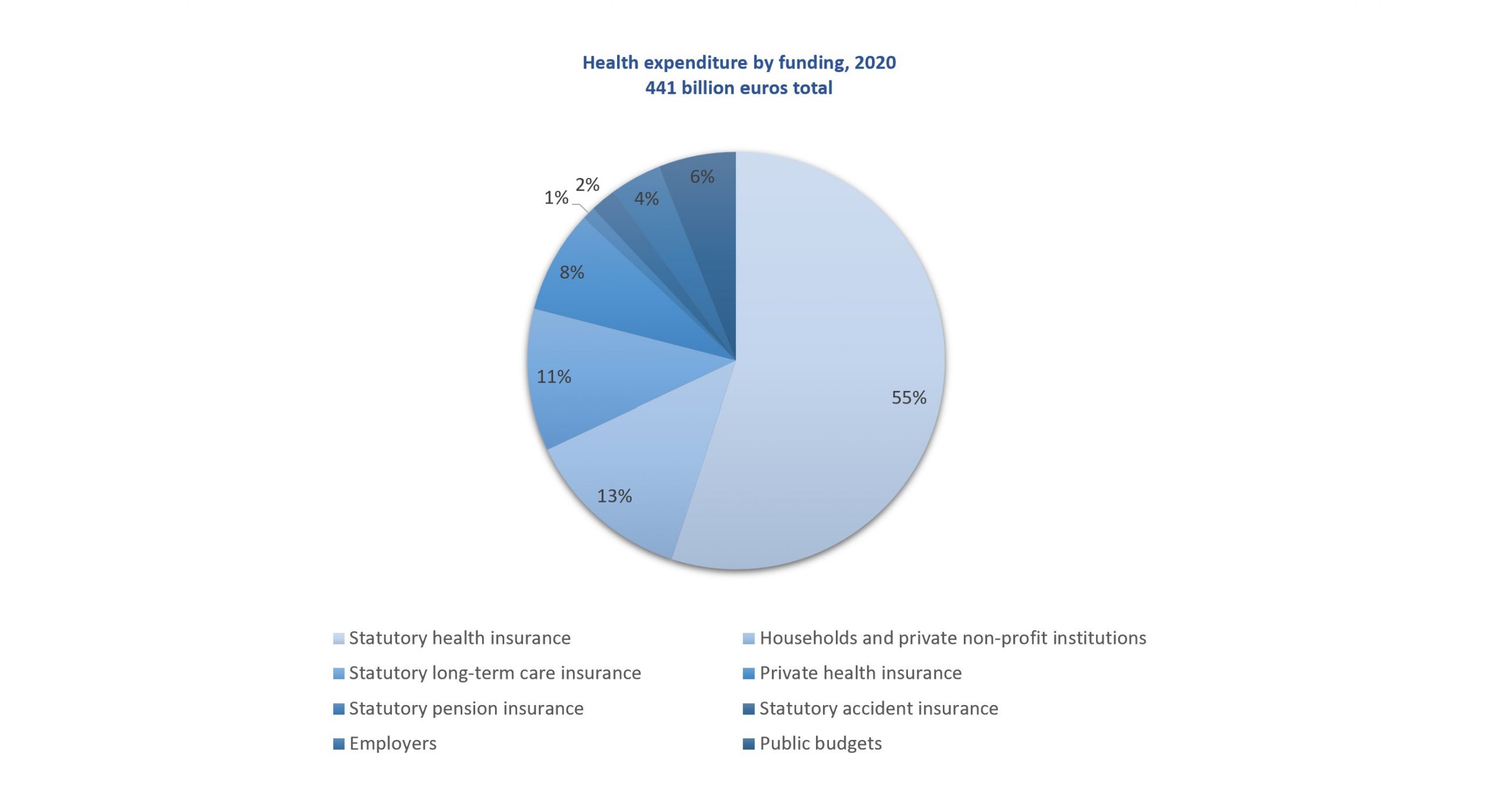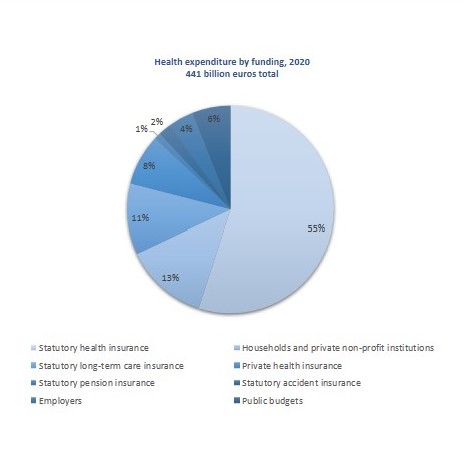Long-term care (LTC) system in Germany
In this blog, we talk about the main features of the long-term care (LTC) system in Germany. But first, we review demographic trends in Germany. Germany is one of the oldest nations in Europe. In 2030 more than 19 million people in Germany are 67 years old and over. This number is predicted to rise to 21 million in 2060. Studies show that there is a close relationship between age and the need for care. The risk of being in need of care depends above all on age. According to data collected from www.zqp.de, 70.7 % of people aged 90 and over, 44.5 % of people aged 85-89, 23.3 % of people aged 80-84, 11.5 % of people aged 75-79, 6.40 % of people aged 70-74 3.80 % of people aged 65-69 are in need of care (Figure 1).
Figure 1. Percentage of people in need of care according to age group

As studies show, the number of people in need of long-term care will increase noticeably. By 2030 the number of people in need of LTC exceed 4.6 million and by 2050 , 5,8 million.
LTCI in Germany
Anyone who lives in Germany is obliged to take out Long-term care insurance (LTCI). According to data collected from the 2021 Long-Term Care Report, “In LTCI, the ‘LTC insurance follows healthcare insurance’ principle applies, i.e. all statutory health insurance members are, in general, automatically members of the statutory LTCI, and all members of a private health insurance are members of a private LTCI. The services provided by private LTCI are equivalent to those offered by statutory LTCI”
Long-term care insurance covers just part of LTC costs. The amount received varies depending on the type of benefit provided and the degree of care. In nursing homes, care recipients usually have to make substantial co-payments. If the care recipients can't pay the uncovered costs, the remainder must be paid by social assistance grants, i.e. by the municipalities.
LTC expenditure
According to data collected from the 2021 Long-Term Care Report, “In 2019, expenditure on social assistance grants for LTC amounted to EUR 4 billion, i.e. 0.12 % of GDP or 9.7 % of total statutory LTC expenditure.”
Studies show that in recent years statutory LTCI expenditure has increased continuously. In 2020, Health expenditure by funding amounted to EUR 440.575 billion (13.1% of the gross domestic product (GDP)(Figure 2). The Federal Statistical Office (Destatis) reports that health expenditure in 2020 was 6.5% (26.8 billion euros) higher than in 2019.
Figure 2. Health expenditure by funding, 2020


